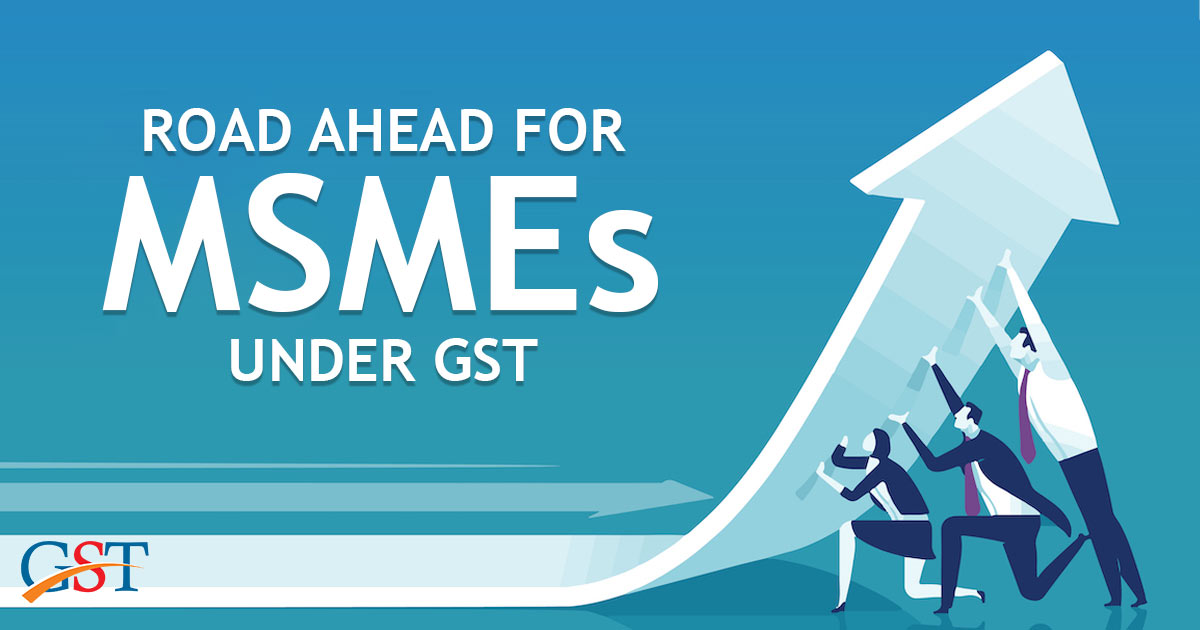Micro Small and Medium Enterprises (MSME) is surely hidden from the limelight but is the core of economic growth in the nation. The sector lacks recognition by financial governance. As per the statistics, with the GDP over $3 trillion currently, India constitutes approx 63 million MSMEs which includes 45% of manufacturing industries and 31% of service industries giving employment to over 110 million Indians. The government sees the Indian economy reaching $5 trillion by 2025 which is achievable only after the sector gets its recognition.
To some extent, the Government has sidelined the challenges faced by MSMEs, prominent among them are formal lending of funds and credit facilities. This was the after-effect of demonetization and GST that the Indian Market is running out of funds which were the major door of funding for all MSMEs.
GST Affecting MSME
From withdrawing excise exemptions for MSMEs having turnover below Rs. 1.5 Crore in an FY to the monthly based tax-payment system, the requirement of monthly filing of returns and introduction of electronic tax payment modes, GST came with its own range of complexities for MSMEs. Despite of the facilities of composition scheme, MSMEs (being an intermediate supply sector) were required to register as regular taxpayers to remain in the credit chain else they are at stake of being unrecognised by manufacturers or big retailers or deprived of trade outside state premises.
Read Also: Easy Ways To Reduce the Cost of GST Compliance for Indian Businesses
Well aware of the complexities of GST Compliance, GST council paid attention to the issues worrying MSME sector and in favour has suggested improvements in GST Laws. Proposals by Group of Ministers for MSMEs and 32nd meeting held on January 2019 were of great importance in the scenario. GoM proposed to counter the challenges faced by MSME by reducing the excessive compliance by GST.
Reforms in Favour of MSME
In a concession to the problems faced by MSME, GST council has extended the threshold limit of GST registration from Rs. 20 Lakhs to Rs. 40 Lakhs (not applicable to service sectors) and the limit for claiming benefits under composition scheme is extended from 1 Crore to 1.5 Crore. Further, the tax compliance is reformed to quarterly payment of taxes and one return in an FY. Small taxpayers have the facility of free software.
Quarterly payment of taxes is a relief for MSME as credit availability is the major concern of the sector. The reform will simplify working with the capital requirement.
Accepting Reforms
The reformation in tax compliance has already been welcomed and is effective in the amendments. Thus making it clear that the Government of India is working in favour of MSME and is adopting paths of corrective measures.
On the other hand, the hike in the limit for GST composition scheme is not in favour of MSMEs as most of them are either intermediate B2B suppliers or undertake inter-state and e-commerce trade.
To some extent, the GST regime is harsh on MSME. Compliance is simple but exemptions are not granted. MSME must avail the benefits granted by the GST council and to be positive on the path of productivity and supply. MSME has a long route to conquer towards development.









